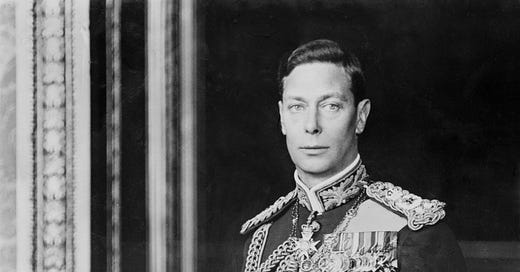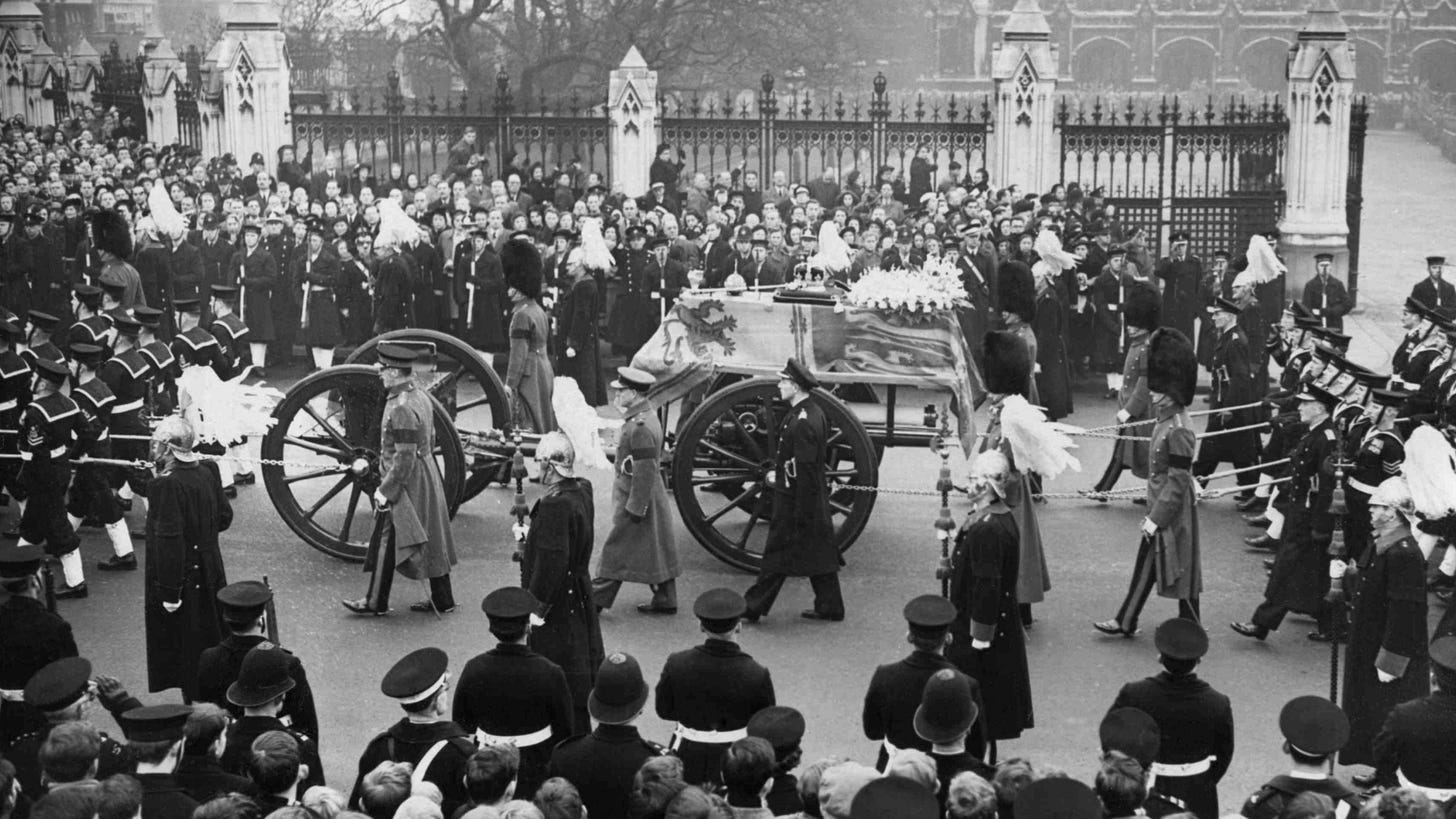King George VI: The Unexpected Monarch
He was crowned the King of the United Kingdom on 12th May, 1937.
Edward VIII's Abdication: The Royal Crisis
King George VI was not destined to be the King initially, but fate intervened in a significant manner. His elder brother, Edward VIII, was crowned the King of the United Kingdom after their father's death in 1936. However, Edward's love affair with Wallis Simpson, an American divorcee, created an unprecedented constitutional crisis. The Church of England opposed their union because Simpson was twice divorced, and the British government firmly advised Edward against marrying her. Faced with a choice between his love and his throne, Edward chose love, abdicating the crown on 11 December 1936. This monumental decision catapulted his younger brother, Albert Frederick Arthur George, to the throne as King George VI.
Ascending the Crown: Reluctant But Resolute
George VI assumed the crown on 12 May 1937, a year after Edward's abdication. The suddenness and gravity of the situation weighed heavily on him. Despite his reluctance and a severe speech impediment, he embraced his duty with determination. His shy, unassuming nature made him endearing to his people. He took over a nation still grappling with the effects of the Great Depression, as well as the escalating tensions in Europe, especially the emergence of Hitler in Germany.
World War II: A Beacon of Resolve
When World War II erupted in 1939, King George VI became a symbol of resilience for his people. His resolve to stay in London during the Blitz, even after Buckingham Palace was bombed, endeared him further to the public. He and his wife, Queen Elizabeth, frequently visited bomb-damaged areas to comfort and encourage those affected. They also worked tirelessly to boost troop morale. His steadfastness and the family's strong public presence became a source of inspiration, bolstering the nation's spirit during the darkest days of the conflict.
The King's Speech: Overcoming the Stutter
One of the most notable challenges George VI faced was his lifelong stammer. His journey to overcome it was portrayed in the 2010 film The King's Speech. With the assistance of his speech therapist Lionel Logue, George VI improved his public speaking skills. This enabled him to deliver numerous radio broadcasts that served as morale boosters for the British public. His Christmas broadcasts became an annual tradition that brought solace and encouragement to people across the Commonwealth.
Final Years and the Transition to Queen Elizabeth II
The toll of the war and his heavy smoking habits severely affected King George VI's health. He underwent surgery for lung cancer in 1951, but it was not enough to save him. He passed away in his sleep on 6 February 1952. His eldest daughter, Princess Elizabeth, was on a diplomatic tour in Kenya when she heard the news. She immediately returned home to ascend the throne as Queen Elizabeth II. Her father's death marked the end of an era, but his legacy lived on in her reign.
Conclusion: A Monarch Who Rose to the Occasion
As we reflect on King George VI's reign on 12 May 2024, the 87th anniversary of his coronation, his story continues to resonate. Despite his unexpected ascension and personal struggles, he united a country during its darkest hours and led it through a victorious, albeit gruelling, war. His legacy is a testament to unwavering leadership, and he remains an inspiring figure for anyone facing adversity.






